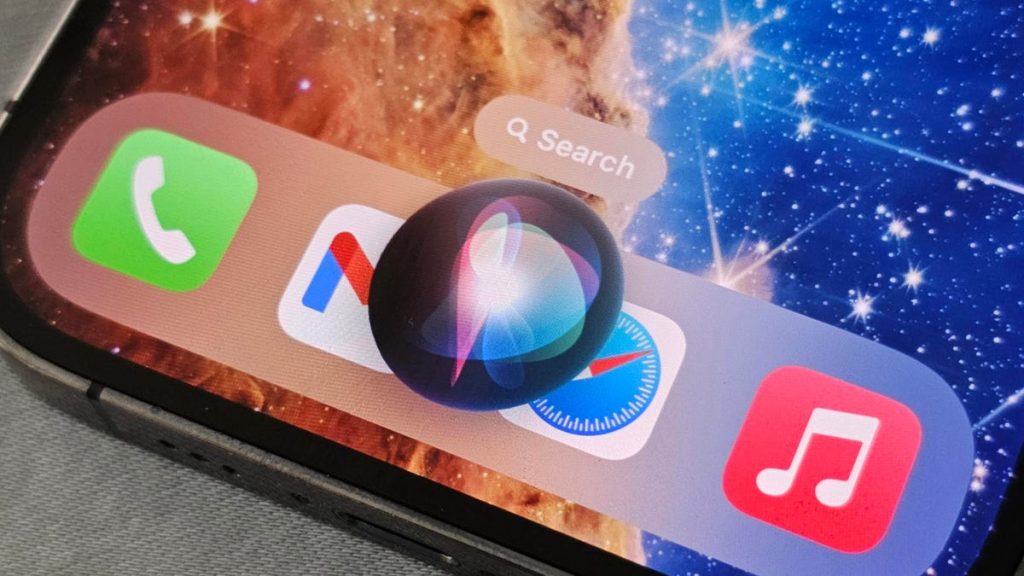In the rapidly evolving world of virtual assistants, Apple’s Siri has faced criticism for its lack of contextual awareness and its diminished capabilities compared to competitors like Alexa and Google Assistant. While Siri was groundbreaking when it debuted in 2011, it now lags behind in its ability to understand and respond to complex questions and commands. With the emergence of new generative AI technology, Siri faces even stiffer competition from virtual assistants with multimodal capabilities, such as OpenAI’s ChatGPT and Google’s Astra. These advanced assistants can engage in more humanlike conversations and interactions, expanding beyond text-based responses to include images, spoken language, and videos.
Recent advancements in virtual assistant technology have highlighted the potential for Siri to undergo a significant transformation. Multimodal assistants like OpenAI’s GPT-4o and Google’s Astra are pushing the boundaries of what virtual assistants can do, incorporating features like object recognition and detailed environment descriptions into their interactions. Apple has explored the development of a multimodal AI assistant called Ferret, which can understand on-screen content and perform tasks based on visual inputs. By focusing on privacy and on-device processing, Apple aims to differentiate Siri from its competitors and deliver a more secure and personalized assistant experience.
While Siri has historically received updates in intervals, Apple is expected to prioritize its digital assistant’s evolution with the release of iOS 18. By integrating large language models and incorporating features from advanced AI systems like ChatGPT, Siri is poised to become more context-aware and capable of handling complex questions with greater accuracy. This year’s iPhone 16 lineup is rumored to support new Siri capabilities through expanded memory and improved AI integration. With the potential for Siri to perform multistep tasks and collaborate across apps, Apple aims to elevate its digital assistant to a more intelligent and responsive level.
As Apple gears up for its annual Worldwide Developers Conference, all eyes are on the company’s plans for Siri and the future of virtual assistant technology. While Apple has traditionally taken a cautious approach to adopting new technologies, it recognizes the growing importance of advancing Siri’s capabilities in a rapidly evolving digital landscape. With competitors like OpenAI and Google setting the standard for virtual assistant innovation, Apple is expected to focus on enhancing Siri’s conversational abilities, intelligence, and multistep task performance. Through the integration of generative AI and advanced language models, Siri aims to deliver a more intuitive and personalized assistant experience to users, positioning it as a key player in the ongoing evolution of virtual assistant technology.
In a world where virtual assistants are becoming increasingly sophisticated and capable, Siri’s evolution represents a pivotal moment for Apple and the future of AI technology. By leveraging cutting-edge AI advancements and prioritizing privacy and user experience, Apple aims to position Siri as a standout virtual assistant in a crowded marketplace. With the potential for enhanced multimodal capabilities and advanced AI integrations, Siri is poised to transform into a more intelligent, intuitive, and effective digital assistant, offering users a seamless and personalized experience across a variety of tasks and interactions. The forthcoming updates to iOS 18 and Siri’s integration of innovative AI features signal a new era of virtual assistant technology, where Siri may finally reach its full potential as a leading voice-controlled assistant in the digital age.


